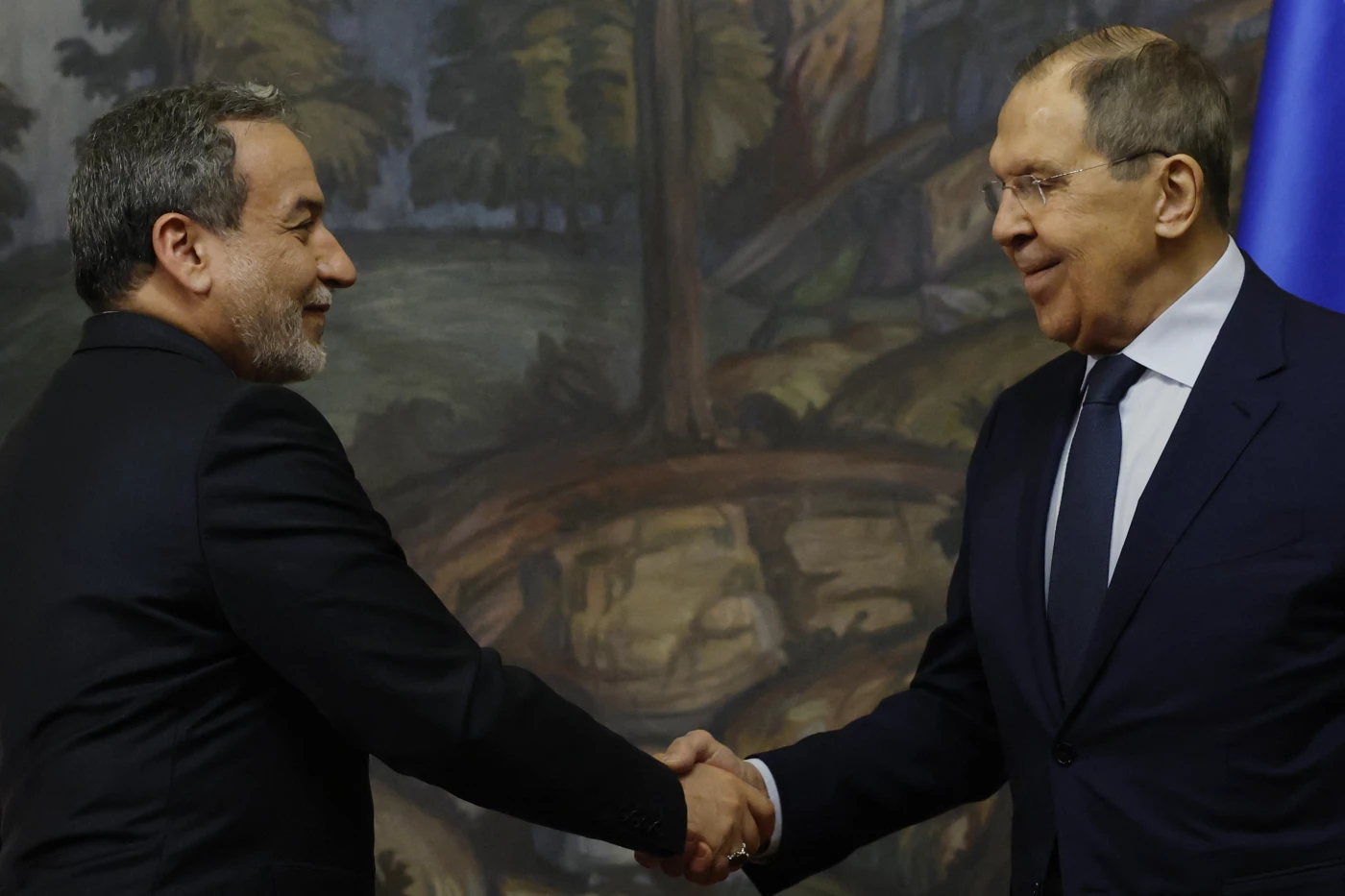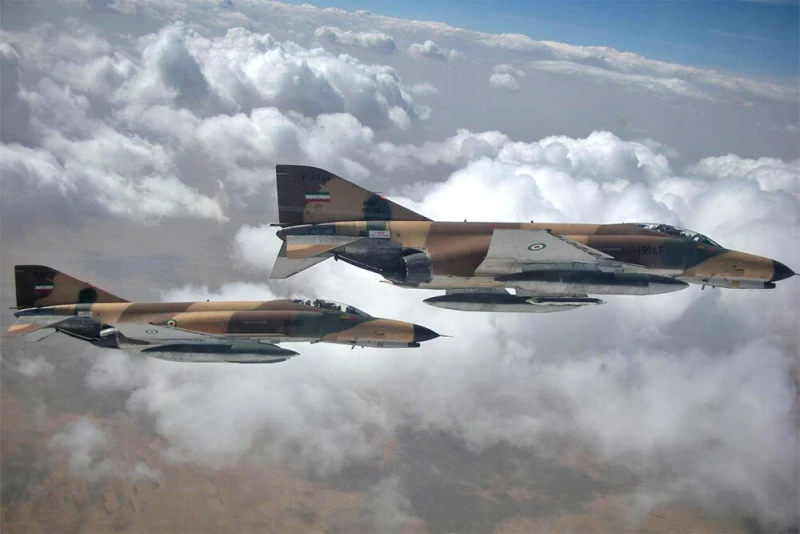LONDON, United Kingdom - Foreign Minister Abbas Araghchi says the Iranian government harbors serious doubts about the intentions of the American side, as the two archenemies gear up for a second round of talks on Tehran's nuclear program in Rome on Saturday.
Araghchi was responding to questions on recent 'mixed signals' from US authorities, addressing reporters at a televised joint press conference with his Russian counterpart, Sergei Lavrov, in Moscow.
Despite those 'serious doubts,' Araghchi noted that the Iranian negotiators will attend the Rome meeting. 'We are waiting to hear the US stance tomorrow. If there is seriousness and genuine will, an agreement could be within reach.'
Over the past few days, US officials have, in public statements, been calling for a complete dismantling of Iran's nuclear program, departing from earlier suggestions that Tehran could maintain nuclear enrichment at the 3.67% level.
The shift has been particularly notable in comments by Steve Witkoff—President Donald Trump's Envoy to the Middle East, who is also the lead negotiator representing the American side.
Araghchi, who is Witkoff's counterpart in the talks, asserted that Tehran is fully prepared for a peaceful resolution regarding its nuclear program, provided the US refrains from making 'unrealistic and impractical demands.'
He also advised the US against dragging the negotiations into other topics beyond the nuclear issue. 'Then we may enter constructive talks.'
President Trump has also been alternating between threats and overtures. After the first round in Oman last Saturday, he accused Tehran of protracting the discussions, and renewed his warnings about military strikes. Yet in the latest, at an Oval Office briefing on Thursday, Trump said he wants Iran to 'thrive,' and that all he seeks is preventing Tehran from acquiring nuclear arms.
The Iranian foreign minister arrived in Moscow on Thursday for what he said was 'consultations' with Russian officials prior to the Rome meeting. He also delivered a letter from Supreme Leader Ayatollah Ali Khamenei to Russian President Vladimir.
Putin, as Iranian authorities are counting on Moscow's backchannel leverage to avert escalation between Tehran and Washington.



 Facebook
Facebook
 LinkedIn
LinkedIn
 Telegram
Telegram
 X
X


